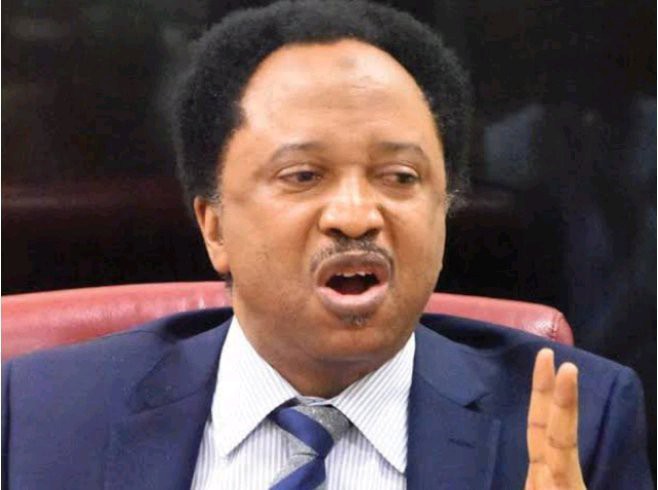Former Senator Shehu Sani has raised concerns over Nigeria’s increasing debt-to-GDP ratio, which has now surpassed the 50% mark.
Sani expressed his alarm on his official X handle, warning about the potential economic repercussions and the dangers of relying too heavily on international financial institutions.
“Debt to GDP ratio crossing the 50 percent mark is a disturbing signal for the economy. Getting into the trap of IMF and World Bank is easier than getting out of it. Debt slavery is on the horizon. We must be careful,” Sani wrote on Sunday.
Sani’s comments highlight the growing anxiety among economic analysts and policymakers about Nigeria’s mounting debt.
The debt-to-GDP ratio is a critical indicator of an economy’s health, showing the relationship between a country’s national debt and its gross domestic product.
A high ratio indicates that a country might struggle to meet its debt obligations, potentially leading to economic instability.
The former senator’s warning comes at a time when Nigeria is grappling with economic challenges, including high inflation, unemployment, and sluggish growth.
Many experts fear that the increasing reliance on loans from the International Monetary Fund (IMF) and the World Bank could lead to a cycle of debt dependency, constraining the country’s economic sovereignty and future growth prospects.
Sani’s call for caution suggests that the government needs to explore alternative measures to manage its finances and stimulate growth without accumulating excessive debt.
He emphasizes the importance of fiscal discipline and sustainable economic policies to prevent the nation from falling into what he describes as “debt slavery.”
The public reaction to Sani’s post has been mixed, with some agreeing with his cautionary stance, while others argue that strategic borrowing is necessary for development.
Nonetheless, the debate highlights the urgent need for a balanced approach to managing Nigeria’s economic future……S££ MOR£

